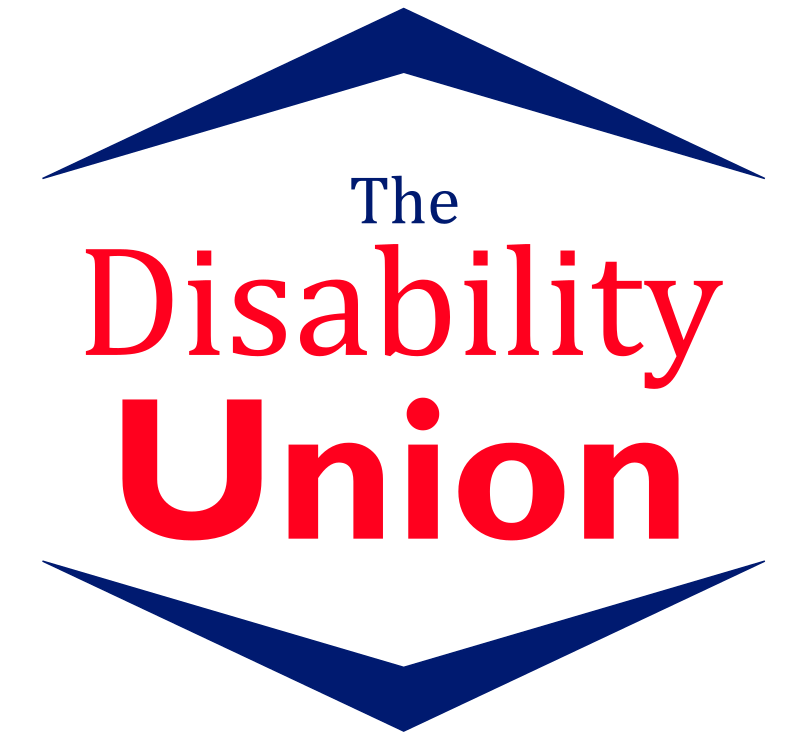Written by Fleur Perry, 12/6/2020
New guidance by NHS England allows PAs, but doesn’t mention disabled people, and sparks petition for disabled people to be consulted on all new NHS policies.
Petition here!
The original guidance barred visitors, but allowed limited exceptions. This meant many disabled people could not be accompanied to hospital by someone trained to meet those needs, for example a PA or family member.
Following letters outlining the legal issues, sent on behalf of Fleur Perry and MarkWilliams, NHS England updated the guidance on 5th June. Here it is: https://www.england.nhs.uk/coronavirus/publication/visitor-guidance/
Restrictions have been lifted on “people who are in attendance to support the needs of the patient, for example a familiar carer/supporter/personal assistant” where it is “appropriate and necessary”.
The guidance doesn’t say who decides what is “appropriate and necessary”, but that visiting is “subject to local discretion”. Relevant decision-making factors are not provided.
Despite assurances that “key stakeholders” would be involved in updating the guidance, to our knowledge, no DDPOs were consulted. Given that the guidance update was prompted by the actions of disabled people, in order to ensure the safety of disabled people, we are disappointed that disabled people seem not to have been considered to be worth taking to. That the guidance does not mentiondisabled people at all highlights this.
What to do if this affects you?
Sign the petition: We want all NHS policies to be produced with the views of disabled people considered as key stakeholders – Nothing about us without us! Sign the petition here: https://www.change.org/p/the-nhs-and-uk-government-must-consult-with-disabled-people-when-planning-nhs-and-health-policies?recruiter=false&utm_source=share_petition&utm_medium=twitter&utm_campaign=psf_combo_share_initial&recruited_by_id=ca2b0ff0-ac12-11ea-ba2a-3f7d7ce5b3fb
Know your rights: Having someone who knows how to meet your needs accompany you to hospital may be considered a reasonable adjustment under the Equality Act 2010.
Be proactive: Ring ahead of time and don’t ask them, tell them. “I need … Your staff have not been trained in my individual needs, and so “name” will be accompanying me to meet those needs.” They may say no several times if they have been instructed by a manager to do so. Your needs are important, be ready for a long discussion.
Ask them to focus on solutions: Ask them if they have staff available with experience in meeting the needs you have, and to explain point by point how they plan to ensure your safety.
Take it further: Contact the hospital’s management. Contact your CCG. Contact your hospital’s safeguarding lead. Contact your local DPO. Contact a lawyer.
Keep us updated. To campaign on this and other issues, we need to know what’s happening. Tell us by contacting us here. Like this? Become a member!

